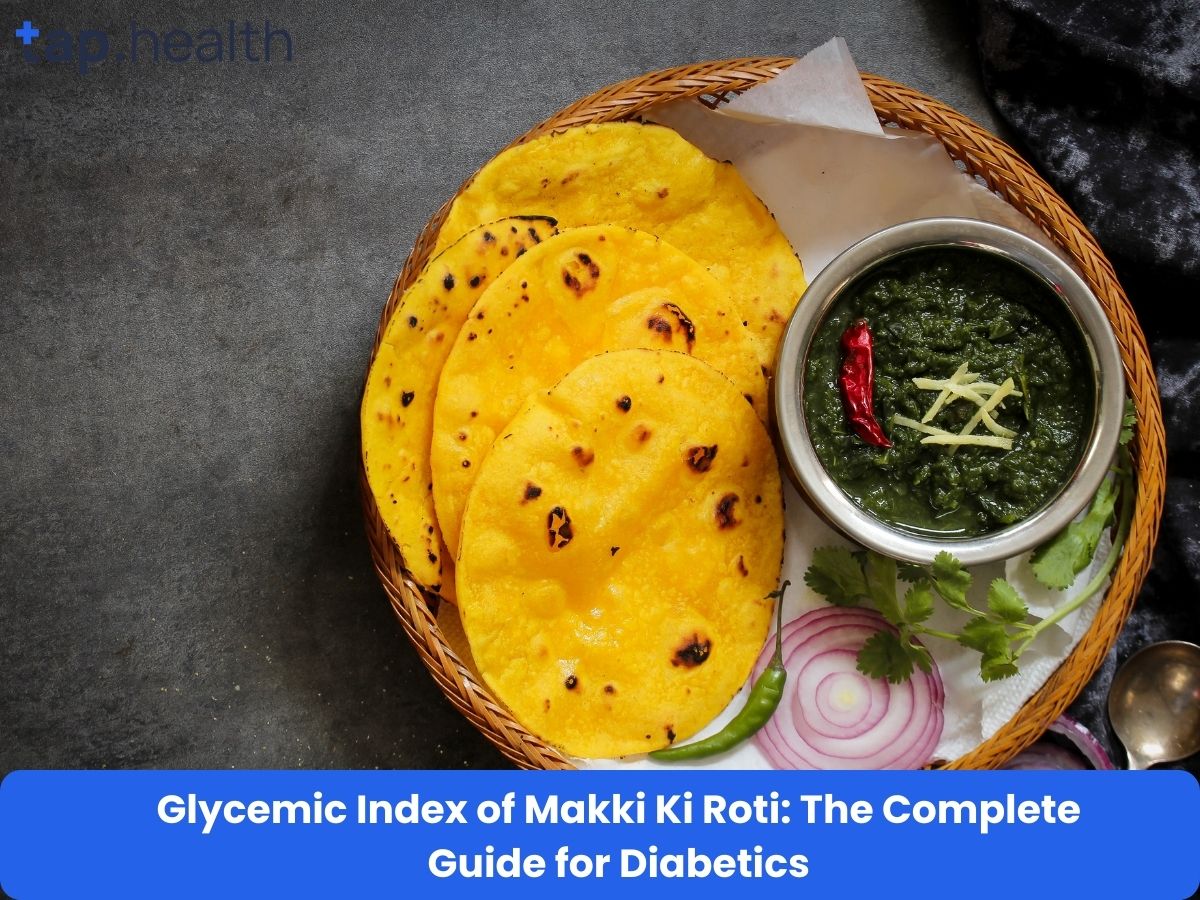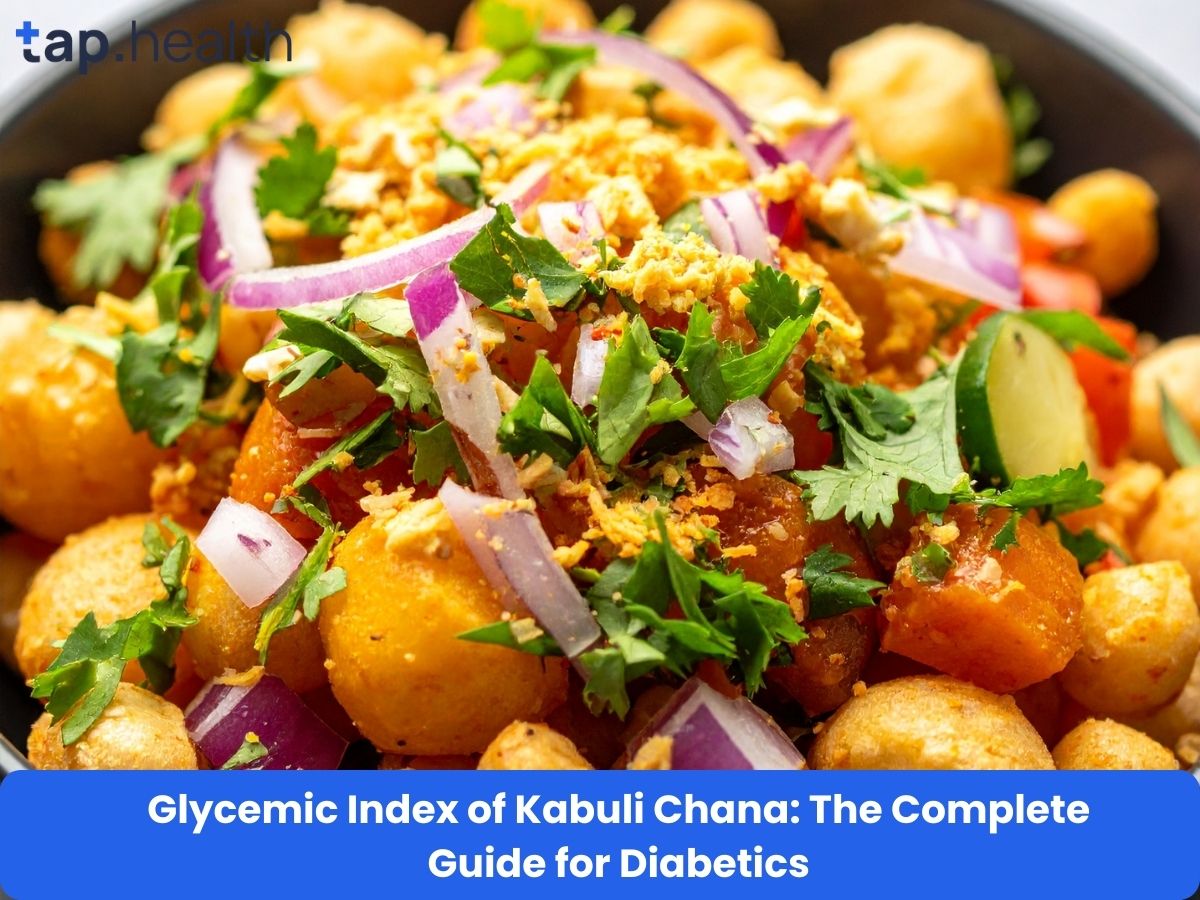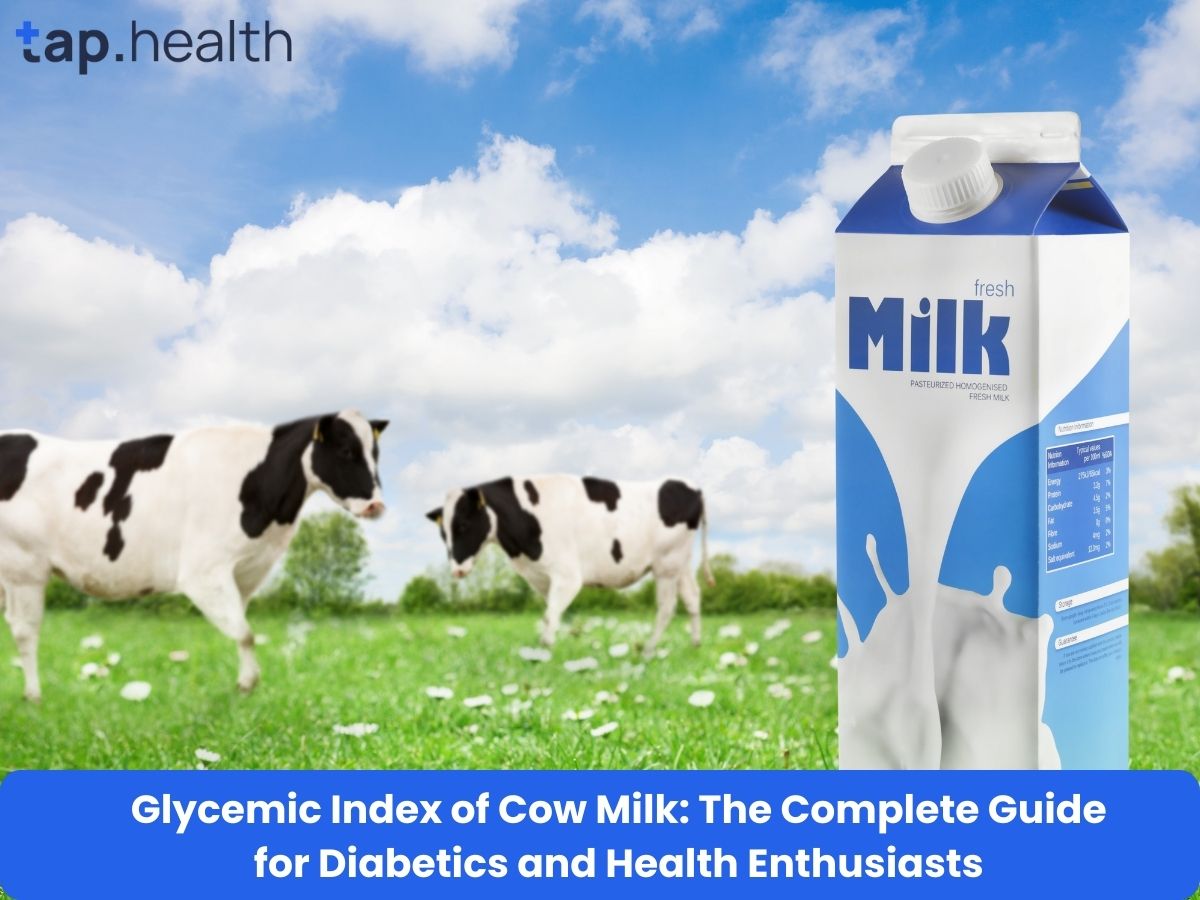Table of Contents
- Processed Meats, Diabetes, and Cancer: What’s the Link?
- Diabetes and Cancer Risk: The Role of Processed Meats in Your Diet
- Understanding the Cancer Risk Associated with Processed Meats and Diabetes
- How Processed Meats Increase Cancer Risk for People with Diabetes
- Is Your Diet Increasing Your Cancer Risk? Processed Meats and Diabetes
- Frequently Asked Questions
- References
Are you concerned about the link between your diet and your health, especially if you have diabetes? Many of us enjoy the convenience of processed meats, but Diabetes and Processed Meats: Understanding the Cancer Risk is a crucial conversation we need to have. This blog post will explore the compelling research connecting the consumption of processed meats to an increased cancer risk, specifically for individuals living with diabetes. We’ll delve into the reasons behind this connection and offer practical advice to help you make informed choices about your diet and minimize potential risks. Let’s unpack this important topic together and empower you to take control of your health.
Processed Meats, Diabetes, and Cancer: What’s the Link?
The connection between processed meats, diabetes, and cancer is a complex one, but increasingly concerning, especially in regions like India and other tropical countries where dietary habits are rapidly changing. Studies consistently show a correlation between high consumption of processed meats and an increased risk of several cancers. This risk is further amplified in individuals with diabetes.
Diabetes and Processed Meat Consumption: A Dangerous Combination
Diabetes, often characterized by high blood sugar levels, creates a fertile ground for the development of certain cancers. The chronic inflammation associated with diabetes can damage cells and DNA, making them more susceptible to cancerous transformations. The high sodium, saturated fat, and processed nitrates in processed meats exacerbate this problem. These ingredients contribute to inflammation, insulin resistance (a key factor in diabetes), and oxidative stress, all of which promote cancer development. Furthermore, a diet high in processed meats can negatively impact blood sugar control, further worsening the diabetic condition. Remember, daily consumption of sugary beverages, a common dietary habit in many tropical regions, raises diabetes risk by 26%. This highlights the interconnectedness of unhealthy dietary choices and their cumulative effect on overall health. The impact of processed foods extends beyond just processed meats; for example, Can Fast Food Cause Diabetes? explores the link between fast food and this serious condition.
Minimizing Risks in Tropical and Indian Diets
For individuals in India and other tropical countries, adopting a diet rich in fresh fruits, vegetables, and lean proteins is crucial. Reducing or eliminating processed meats from your diet is a significant step towards mitigating the risk of both diabetes and cancer. Choosing traditional, less processed methods of preparing meat, incorporating more plant-based proteins, and being mindful of sugar intake can significantly improve overall health outcomes. Prioritize a balanced diet and consult with a healthcare professional for personalized advice. Understanding the connection between diabetes and other health issues is also important; for instance, The Link Between Diabetes and Fatty Liver discusses another serious complication.
Diabetes and Cancer Risk: The Role of Processed Meats in Your Diet
The Concerning Link Between Processed Meats and Cancer in Diabetics
The link between diet and health, particularly for individuals with diabetes, is undeniable. Research shows women with diabetes face a 40% higher risk of heart disease compared to men with diabetes, highlighting the critical need for careful dietary management. This heightened vulnerability extends to cancer risk, with processed meats playing a significant role. Regular consumption of processed meats like sausages, bacon, ham, and deli meats is strongly associated with an increased risk of various cancers, including colorectal, pancreatic, and stomach cancers. This risk is further amplified in individuals already managing diabetes. The high sodium, saturated fat, and processed nitrates in these foods contribute to inflammation and cellular damage, potentially accelerating the development of cancerous cells. You might wonder about the direct causal relationship, so it’s worth reading more on Does Diabetes Cause Cancer?
Dietary Adjustments for Diabetes Management and Cancer Prevention in Tropical Climates
In Indian and tropical countries, dietary habits often include a significant amount of processed meats, making awareness and change crucial. Substituting processed meats with healthier alternatives rich in fiber, vitamins, and antioxidants is vital. Consider incorporating more fresh fruits and vegetables, legumes, and lean protein sources like fish and poultry into your diet. Traditional Indian cuisine offers many alternatives: think lentils (dal), vegetables like spinach and okra, and various fish preparations. Prioritizing these options can significantly reduce your exposure to carcinogens and support overall health management. For example, exploring alternatives like fermented rice could be beneficial, so consider reading about Is Fermented Rice Good for Diabetes?
Taking Action for a Healthier Future
Making informed food choices is paramount for individuals with diabetes. Limiting or eliminating processed meats and adopting a balanced diet rich in fresh, whole foods is a crucial step toward mitigating cancer risk and improving overall health. Consult with your doctor or a registered dietitian to create a personalized dietary plan that addresses your specific needs and preferences, while considering the unique challenges and opportunities presented by the local food landscape in tropical and Indian regions. Remember, small changes can make a big difference in your long-term health and well-being.
Understanding the Cancer Risk Associated with Processed Meats and Diabetes
Diabetes significantly increases the risk of various health complications, and the connection between processed meat consumption and cancer is a growing concern, particularly in regions like India and other tropical countries. Research shows that individuals with diabetes already face heightened vulnerabilities; for instance, smokers with diabetes experience double the mortality rate from cardiovascular diseases. This increased susceptibility underscores the importance of dietary choices for managing diabetes and mitigating cancer risk.
Processed Meats and Cancer Risk in Diabetic Individuals
The consumption of processed meats, such as sausages, bacon, ham, and deli meats, has been strongly linked to an increased risk of several cancers, including colorectal, pancreatic, and stomach cancers. For individuals with diabetes, this risk is potentially amplified due to existing metabolic imbalances and compromised immune function. The high sodium, saturated fat, and processed nitrates in these foods contribute to inflammation and oxidative stress, further burdening already stressed systems. Choosing healthier protein sources like lean meats, poultry, fish, lentils, and beans is crucial for diabetes management and cancer prevention. Understanding the impact of Effects of Ultra-Processed Foods on Insulin Resistance is also vital in this context.
Dietary Strategies for Diabetes and Cancer Prevention in Tropical Climates
In tropical regions like India, where diabetes prevalence is high, dietary modifications are especially vital. Traditional diets often include high amounts of starchy carbohydrates and less emphasis on vegetables and fruits rich in antioxidants. Incorporating a variety of colorful fruits and vegetables, focusing on whole grains over refined carbohydrates, and drastically reducing or eliminating processed meats are critical steps towards mitigating cancer risk in diabetic individuals. Regular exercise and maintaining a healthy weight are also essential components of a comprehensive strategy. Consulting with a doctor or registered dietitian for personalized dietary advice tailored to your specific needs and regional context is highly recommended. To further refine your dietary choices, learn How to Identify and Avoid Hidden Sugars in Processed Foods.
How Processed Meats Increase Cancer Risk for People with Diabetes
Understanding the Elevated Risk
Diabetes significantly increases the risk of various cancers, and the consumption of processed meats exacerbates this risk. This heightened vulnerability is particularly concerning in regions like India and other tropical countries where both diabetes prevalence and processed meat consumption are rising. The link between diet and cancer is well-established, and for individuals with diabetes, maintaining a healthy diet is even more crucial. Research shows a strong correlation between dietary habits and cancer development. For instance, the alarming statistic that children born to mothers with gestational diabetes are 7x more likely to develop Type 2 diabetes later in life highlights the intergenerational impact of dietary choices and the need for proactive health management.
The Dangers of Processed Meats
Processed meats, including sausages, bacon, ham, and deli meats, contain high levels of sodium, saturated fat, and preservatives. These components contribute to inflammation in the body, a known factor in cancer development. This inflammatory process is further amplified in individuals with diabetes, who already experience elevated inflammation levels due to the condition itself. The combined effect of diabetes and a diet rich in processed meats creates a perfect storm, significantly increasing the likelihood of developing certain cancers, including colorectal, pancreatic, and stomach cancers. In India and other tropical countries, where dietary habits may often include high consumption of processed meats, understanding and mitigating this risk is paramount. Choosing healthier alternatives is key, and understanding which seafood options might be less suitable, as outlined in What Seafood is Bad for Diabetics, can help create a balanced diet.
Practical Steps for Reduced Risk
Reducing or eliminating processed meats from your diet is a vital step in lowering your cancer risk, especially if you have diabetes. Focus on incorporating fresh fruits, vegetables, lean proteins, and whole grains into your meals. Regular exercise and maintaining a healthy weight are also crucial for managing diabetes and reducing the overall risk of cancer. Consult with your doctor or a registered dietitian to create a personalized dietary plan that caters to your specific needs and addresses your unique risk factors. Prioritizing a healthy lifestyle is an investment in your long-term health and well-being. Incorporating beneficial foods like those discussed in Discover How Fermented Foods Help Regulate Blood Glucose Levels can further support your health goals.
Is Your Diet Increasing Your Cancer Risk? Processed Meats and Diabetes
Diabetes, particularly prevalent amongst the working-age population (61% of those with diabetes are aged 20-64, according to the International Diabetes Federation), significantly increases the risk of various cancers. This heightened risk is further exacerbated by a diet rich in processed meats. In Indian and tropical countries, where dietary habits often include a significant amount of processed and cured meats, understanding this link is crucial for preventative health.
The Dangerous Duo: Processed Meats and Diabetes
Processed meats, including sausages, bacon, ham, and deli meats, are high in sodium, saturated fats, and preservatives. These components contribute to inflammation within the body, a known factor in cancer development. For individuals with diabetes, already grappling with impaired glucose metabolism and increased inflammation, the consumption of processed meats creates a dangerous synergy, potentially accelerating the development of various cancers. This is especially concerning given the large percentage of the diabetic population within the 20-64 age bracket in many tropical and Indian countries. Many traditional diets in these regions contain significant amounts of cured meats, highlighting the need for dietary awareness. The impact of specific dietary choices on diabetes management is a complex issue, and understanding the link between Understanding the Link Between Diabetes and Obesity is crucial.
Protecting Yourself: Actionable Steps
Reducing or eliminating processed meats from your diet is a critical step towards mitigating cancer risk, particularly if you have diabetes. Focus on fresh, whole foods such as fruits, vegetables, lean proteins, and whole grains. Consult a nutritionist or healthcare professional to create a personalized meal plan suitable for managing your diabetes and lowering your cancer risk. Incorporating culturally relevant alternatives to processed meats within the Indian and tropical dietary landscape can effectively reduce your risk without drastically altering your established food habits. Prioritizing your health through informed dietary choices is an investment in your future well-being. For those considering alternative diets, it’s important to research thoroughly. For example, learn more about the potential benefits and risks of the Is the Carnivore Diet Good for Diabetes? before making significant changes.
Frequently Asked Questions on Diabetes & Processed Meats: Cancer Risk
Q1. How does eating processed meat increase my cancer risk, especially if I have diabetes?
Processed meats are high in sodium, saturated fat, and nitrates. These contribute to inflammation, insulin resistance, and oxidative stress, worsening diabetes and increasing cancer risk. The impact is particularly significant for people with diabetes.
Q2. What are the biggest dietary changes I can make to reduce this risk?
Reduce or eliminate processed meats. Increase your intake of fresh fruits, vegetables, and lean proteins. Choose traditional cooking methods over processed ones. Consider adding more plant-based protein sources to your diet.
Q3. Are there specific processed meats I should avoid more than others?
All processed meats increase cancer risk, but the more you eat, the higher the risk. It’s best to minimize consumption of all processed meats, including bacon, sausage, ham, hot dogs, and deli meats.
Q4. I have diabetes. How can I manage my diet effectively to lower my cancer risk?
Consult a healthcare professional or registered dietitian to create a personalized dietary plan. They can help you make safe and effective changes to manage your diabetes and reduce your cancer risk.
Q5. Is it completely necessary to cut out processed meat to avoid cancer?
While completely eliminating processed meats is ideal, even reducing your consumption significantly lowers your risk. Focus on making gradual changes and incorporating more healthy options into your diet.
References
- A Practical Guide to Integrated Type 2 Diabetes Care: https://www.hse.ie/eng/services/list/2/primarycare/east-coast-diabetes-service/management-of-type-2-diabetes/diabetes-and-pregnancy/icgp-guide-to-integrated-type-2.pdf
- Towards Transparent and Accurate Diabetes Prediction Using Machine Learning and Explainable Artificial Intelligence : https://arxiv.org/pdf/2501.18071



